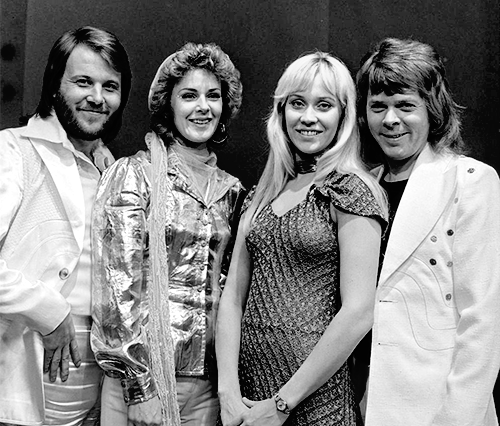I'm going to need a special tag for '90s music' because I keep finding weird stuff going on in music from the 90s.
Today's 90s jam we're talking about is "Get Ready For This," by 2 Unlimited. If you grew up in the U.S. during the 90s and 2000s, you will remember this song as a club banger and a basketball "jock jam" (the only basketball game I've ever been to, in the 2000s, played this song). I never heard the full version until recently.
The song features a standard, 80s-inspired New York-style rap. The parts that sound particularly New York-ish are the following:
"Feel the base, you just get closer
Be impressed by the words I chose of
Once again kickin' it live
Doin' everything yo just to survive
Above the law, I take our stand
Being on stage with a mic in my hand"
Let's ignore the ungrammatical "the words I chose of" lyric. In "live" and "law," the singer uses a heavy dark 'l' sound. Using a dark 'l' sound at the beginning of syllables used to be a more common New York feature. Nowadays it's widespread enough among American English speakers to not be considered "accented," but Newman (2015) considers New York dark 'l's to be heavier than other American varieties.
The more interesting part is the vowels that follow - he uses an [a] sound in "live" and on [o] in "law."
Monophthongal [a] is found in two varieties - white Southern English and African American English. The song otherwise doesn't have features of white Southern English. The original influential rappers were Black Americans from New York, who speak an accent of African American English that is influenced by the multi-ethnic New York English variety. He sounds more similar to the latter than the former to me.
He also uses an [o] vowel in "law" and "on." If he were imitating either white or Black Southerners, he would have probably used a diphthong like [ɑɒ] here. Instead he uses [o]. The COT-CAUGHT distinction was already losing its foothold on American English by this time, with New York English holding out and preserving the distinction. This distinction would also be found among Black New Yorkers. This makes his performance even more Black New York-ish.
This wouldn't be notable except for this lyric:
"Bustin' it loud to the crowd, the age is 20, I'm from the south"
No way this man is "from the South." He is obviously imitating New York rappers. He may be broadly imitating Black Americans, but African American Vernacular English has regionally distinct varieties, and the one he's imitating is not Southern.
The rapper in question is not only not from the South, he's not even from the U.S. His name is Ray Slijngaard, and he seems to be a Black Dutchman. He speaks English, but with a clear Dutch accent. Notice how he devoices /v/ to [f] in his interviews.
There are varieties of Dutch that distinguish /v/ and /f/, but Amsterdam Dutch does not (H. Van de Helde, 1996) - just as well, since Slijngaard is from Amsterdam. There is no English dialect that devoices /v/ to [f], to my knowledge. And his English, while seemingly based on American English, still shows signs of L1 interference.
One topic we have covered ceaselessly on this site is that people feel comfortable imitating other accents in music, but not so much in spoken speech. Slijngaard appears to have felt comfortable enough doing a faux-NY-AAVE accent on his rap. But he didn't have enough awareness to realize that there is something a little weird about saying "I'm from the South" when you have an accent that is not only not Southern, but from another region entirely.
The "I'm from the south" lyric is probably just mimicking rappers who rep their hometown, and filling in a rhyme with "crowd." And nobody else seems to have paid much attention to this, because it's not a song that requires deep attention to the lyrics. It is, nevertheless, a source of humor when listening to the song on repeat.
Works Cited
- Michael Newman. New York City English. 2015
- H. Van de Velde, Marinel Gerritsen, Roeland van Hout. The devoicing of fricatives in Standard Dutch: A Real Time Study Based On Radio Recordings. 1996

